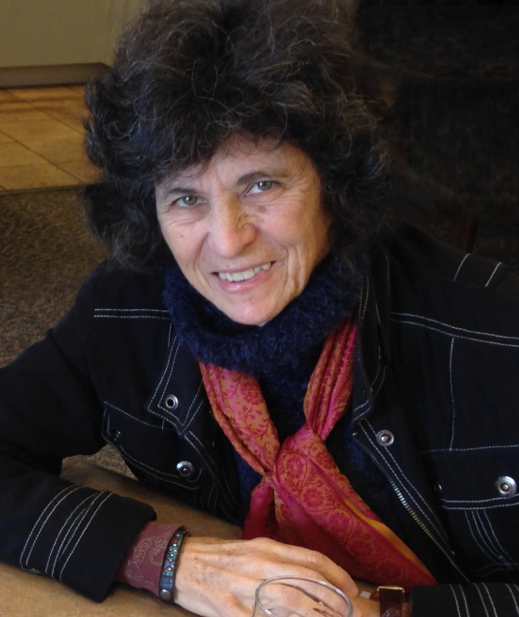Christine’s Turn by Merle Good. Walnut Street Books, 2022. 464 pages. $15.95 paper.
Reviewed by Carol Ann Weaver
Christine’s Turn reads easily, covering issues of farmland repurposed for development, a highly improbably catapult to easy fame for a local band, a young woman searching for her own roots, and a budding romance riding throughout. The story, centered in Eastern Pennsylvania (hypothetically near Harrisburg and/or Lancaster), marks a turn for writer, Merle Good, himself a celebrator of Mennonite values, stories, arts, and culture.
Wanting to write a simple love story, Good assumes he can escape “Mennonite” by placing his cast of characters outside of a Mennonite context and by using names like Turner and Ober who supposedly represent various other white, “settler” people. One character perceived as “upper crust” carries stereotypic disdain for small town folk, while another who spends major time behind bars is made to be quixotically innocent, childlike and almost cuddly and simplistic. Yet other characters fit into family or social groups which subsume them, somehow. However, the main characters could hardly be more Mennonite in manner, style, and substance. A male protagonist, almost crippled by over-thinking, is matched by a female counterpart who exudes a kind of Menno-leftie desire to save her world and be a peace broker in her surroundings. As a daughter of a single mom, she refers to herself as “white trash” though she is a diligent student at a small college who, on the side, works in historical archives, modestly tosses off her quick success as a singer/lyricist, and finds companionship with an older woman who quilts, farms and acts more Mennonite than most “ethnic” Mennonites! Some of Good’s most dysfunctional characters shun other family members, as if taking a page from an assumed Amish script. Merle Good can take you out of the Mennonites, but you can’t take the Mennonite out of Merle and his characters.
Writing about middle America is possibly one of the greater challenges of our time. What is the real soul of a small town in the USA? How can a writer capture what “white-trash” really feels like, from the outside? Brad Ingelsby’s Mare of Easttown (movie), or Delia Owen’s Where the Crawdads Sing (novel) allow us to see just how complicated, intricate and challenging this world can be; their writing seems to come from the inside, as if they’ve walked in the shoes of their characters. And how does one understand depression or rejection unless one has sensed its powers within? Are angry or angular people merely that, or are they quite often complex and highly conflicted? Throwing in a few colorful swear words doesn’t necessarily make the narrative more secular or more credibly non-Menno.
Mennonite culture is no simple thing, and those who have not lived among “us” can hardly write authentically about our unique North American Menno cultures with all their quirks, customs and issues. Like Rudy Wiebe, Miriam Toews, Casey Plett, Dora Dueck, Omar Eby, Evie Miller and other Menno-rooted novelists, Merle Good has an inexhaustible world to explore within his own roots. While there is no reason he should feel bound to write only about his own people, possibly his readers may ask if he isn’t, after all, still writing about them, although under non-Menno names. After all, a writer does not “graduate” from writing “Menno” to writing about the “outside world.” Rather, it could well be, as shown by various perceptive Menno writers, that the trajectory may possibly go in the opposite direction, from outer to inner.
There are large and very complex worlds to explore within Menno contexts. We'd want Merle Good to walk for a long time in the shoes of whomever he writes about. And should he opt to continue exploring his own Menno roots, he could also be asking yet more of those probing questions needing to be asked.
